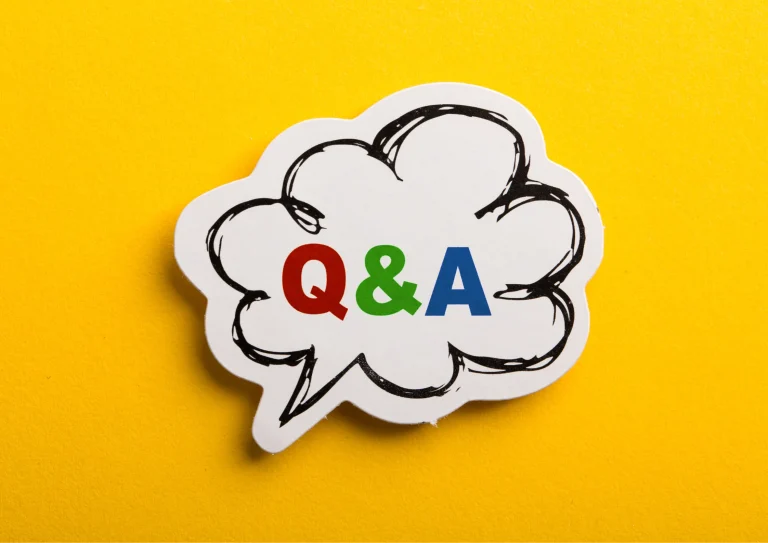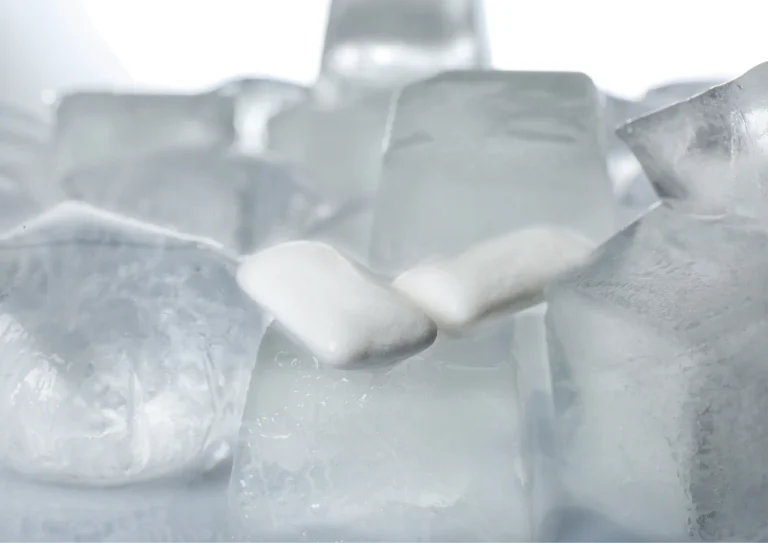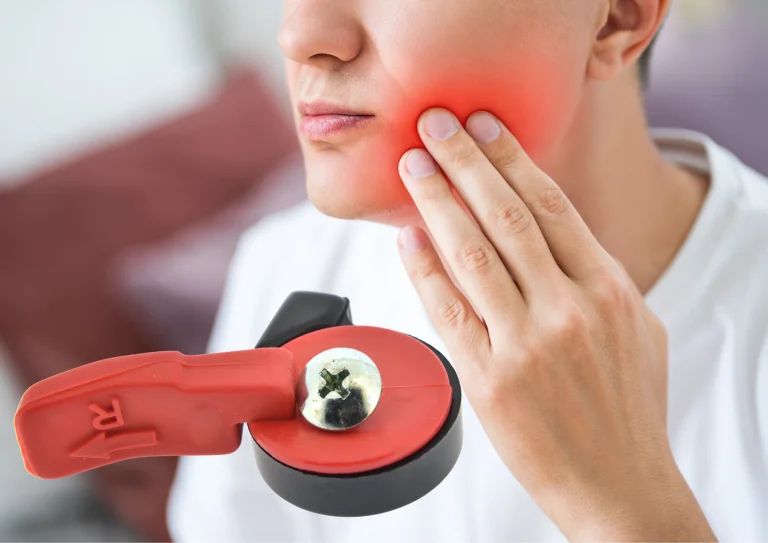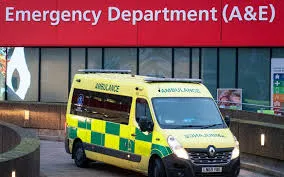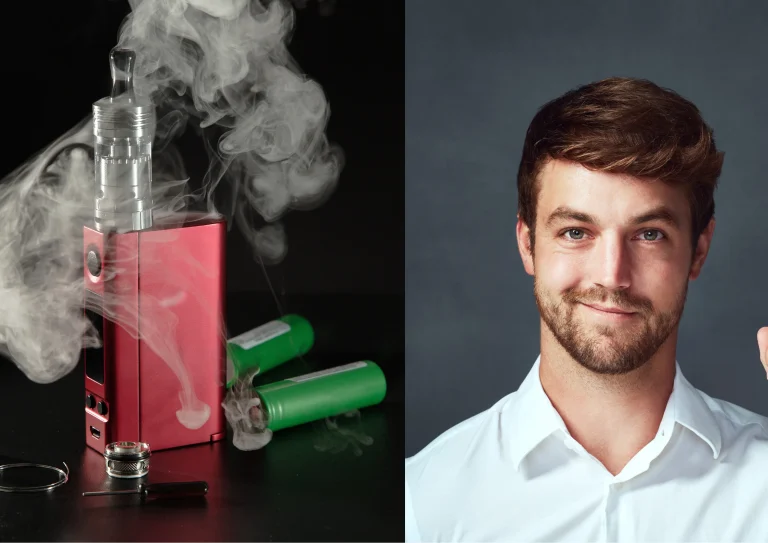Top Mistakes People Make Before Seeing an Emergency Dentist
What NOT to Do When Facing Dental Emergencies
At Emergency & Walk-In Dentist Cardiff, we’ve seen countless patients unintentionally make their dental emergencies worse by taking the wrong actions before arriving at our clinic. This comprehensive guide reveals the 10 most common – and often painful – mistakes people make with toothaches, broken teeth, and other urgent dental problems. Learn what to avoid and the proper steps to take for the best possible outcome.
Dental Emergency Right Now?
If you’re experiencing severe pain, swelling, or bleeding, call us immediately at 07198532946 for same-day emergency care in Cardiff.
10 Critical Mistakes to Avoid
1. Delaying Treatment Hoping Pain Will Disappear
Why it’s bad: Dental pain rarely resolves on its own. What starts as minor discomfort can quickly progress to:
- Abscess formation (pus-filled infection)
- Increased treatment complexity
- Higher costs for more extensive procedures
- Risk of systemic infection spreading
Proper Approach:
- Schedule an appointment within 24 hours of persistent dental pain
- For swelling or fever, seek same-day emergency care
- Use our emergency guidelines to assess urgency
2. Using Super Glue or Household Adhesives on Broken Teeth
Why it’s dangerous: While tempting to “fix” a broken tooth or crown yourself, household glues:
- Contain toxic chemicals not safe for oral use
- Can cause tissue necrosis and chemical burns
- Make proper dental repair more difficult
- May lead to poisoning as the glue dissolves in saliva
Safe Temporary Solutions:
- For lost crowns: Clean and try to replace with dental cement from pharmacies
- For broken teeth: Cover sharp edges with dental wax or sugarless gum
- Never force a piece that doesn’t fit comfortably
3. Taking Aspirin Directly on Gums for Pain Relief
The risk: Placing aspirin tablets directly against gum tissue causes:
- Chemical burns to delicate oral membranes
- Ulcer formation that complicates dental treatment
- No actual pain relief (must be swallowed to work)
Effective Pain Management:
- Take ibuprofen or paracetamol orally as directed
- Use cold compresses on cheek for 15-minute intervals
- Try clove oil (eugenol) applied with cotton swab for temporary numbing
4. Ignoring Bleeding After Tooth Loss or Extraction
The consequences: Improper management of oral bleeding can lead to:
- Excessive blood loss (though rare)
- Dry socket formation after extractions
- Interference with necessary emergency treatments
Proper Bleeding Control:
- Bite firmly on clean gauze for 30-45 minutes
- Use moist tea bags (tannic acid helps clotting)
Do’s and Don’ts Before Your Emergency Visit
✅ DO These Things
- Rinse with warm salt water (1/2 tsp salt in 8oz water)
- Save any broken tooth pieces in milk or saliva
- Take clear photos of the damage for your dentist
- Note when symptoms started and what makes them worse
- Bring your dental insurance information
❌ DON’T Do These
- Use sharp objects to remove stuck food
- Apply heat to swollen areas (increases inflammation)
- Eat hard, crunchy, or sticky foods
- Smoke or drink alcohol (delays healing)
- Take someone else’s prescription painkillers
Emergency Dental Kit Essentials
Prepare these items to handle common dental emergencies before professional care:
Timing Matters in Dental Emergencies
The sooner you receive professional treatment, the better your outcome. Here’s our recommended response timeline for common emergencies:
| Emergency Type | Seen Within | Reason for Urgency |
|---|---|---|
| Knocked-out tooth | 30 minutes | Highest chance of successful reimplantation |
| Facial swelling | 4 hours | Risk of airway obstruction or systemic infection |
| Uncontrolled bleeding | Immediately | Potential blood loss complications |
| Severe toothache | 24 hours | Prevent abscess formation or nerve damage |
| Lost filling/crown | 3 days | Avoid tooth fracture or decay progression |
Don’t Risk Making These Mistakes
Our Cardiff emergency dentists are available to provide proper, safe treatment for your dental emergency.
Frequently Asked Questions
Q: How can I tell if my dental problem is truly an emergency?
A: Signs that require immediate emergency dental care include:
- Uncontrolled bleeding from mouth
- Swelling that’s spreading or affecting breathing/swallowing
- Severe pain not relieved by over-the-counter medications
- Trauma causing loose or knocked-out teeth
- Visible pus or foul taste indicating active infection
Q: Should I go to A&E instead of an emergency dentist?
A: Hospital A&E departments are not equipped for most dental emergencies. Exceptions when you should go to A&E:
- Facial fractures from trauma
- Difficulty breathing due to swelling
- Uncontrolled bleeding after 2 hours of pressure
- Signs of systemic infection (high fever, confusion)
Q: What’s the most dangerous mistake on this list?
A: Delaying treatment for infections is particularly risky because:
- Dental infections can spread to the brain (cavernous sinus thrombosis)
- May lead to life-threatening sepsis
- Can require hospitalization if untreated
